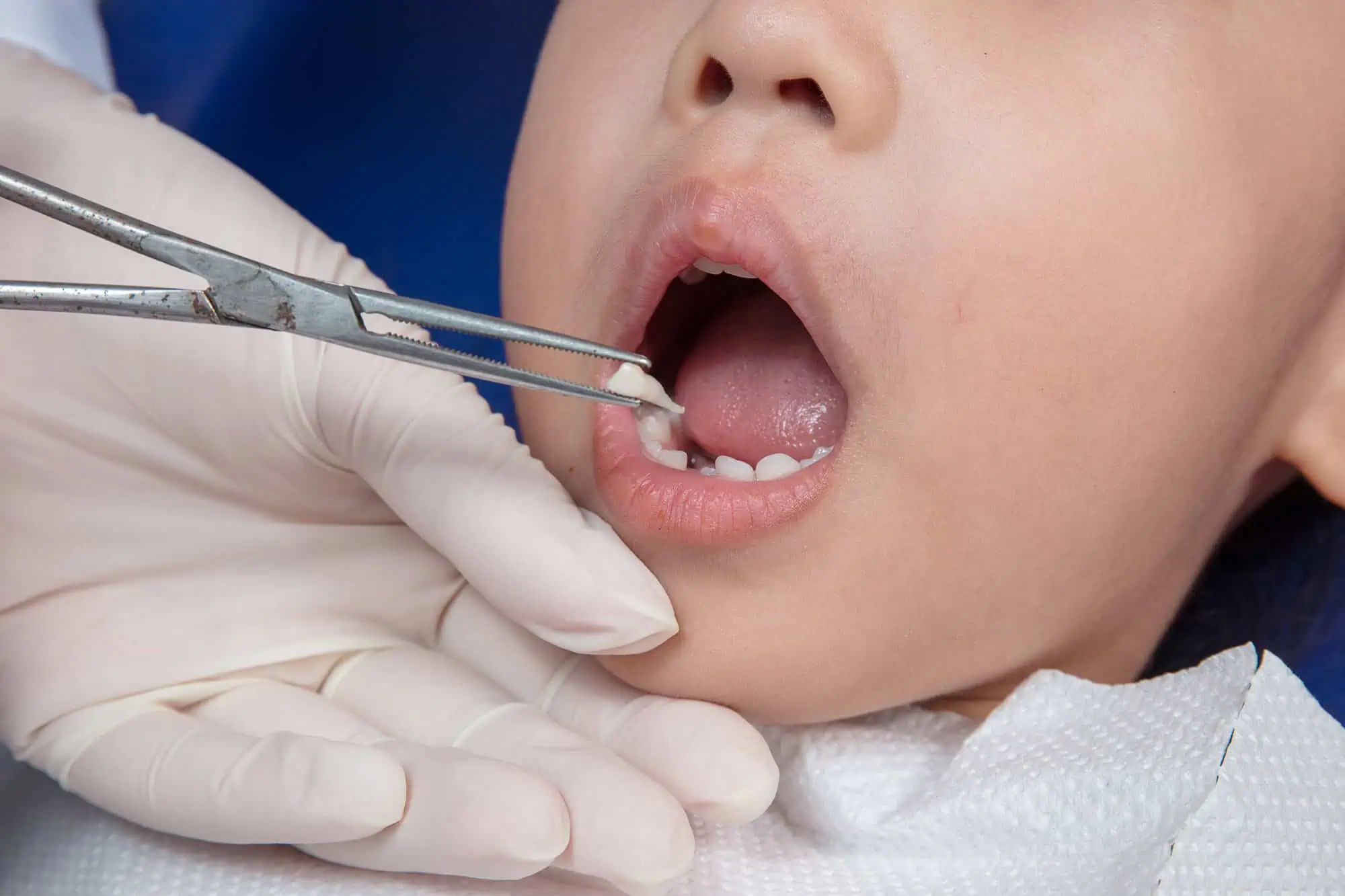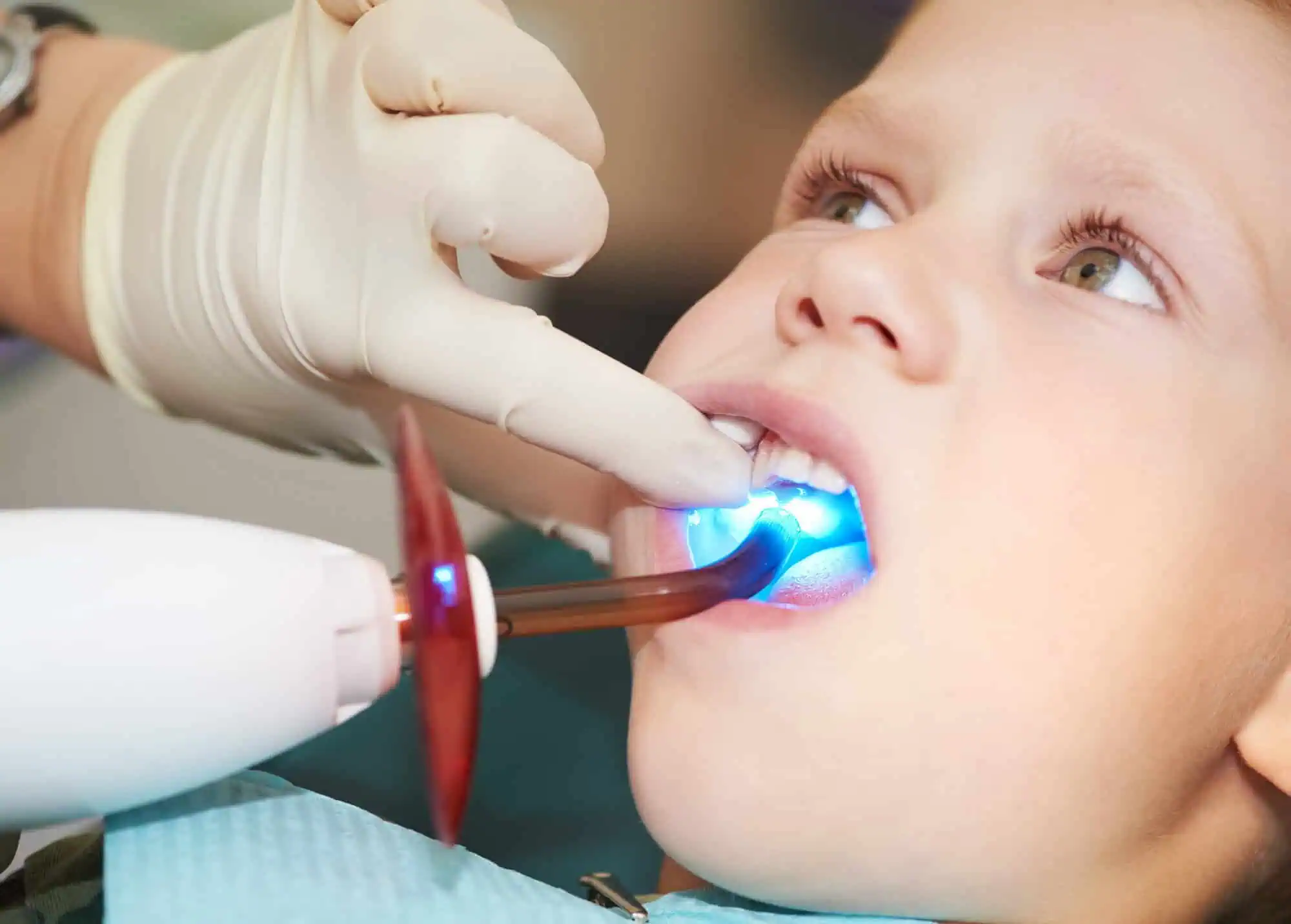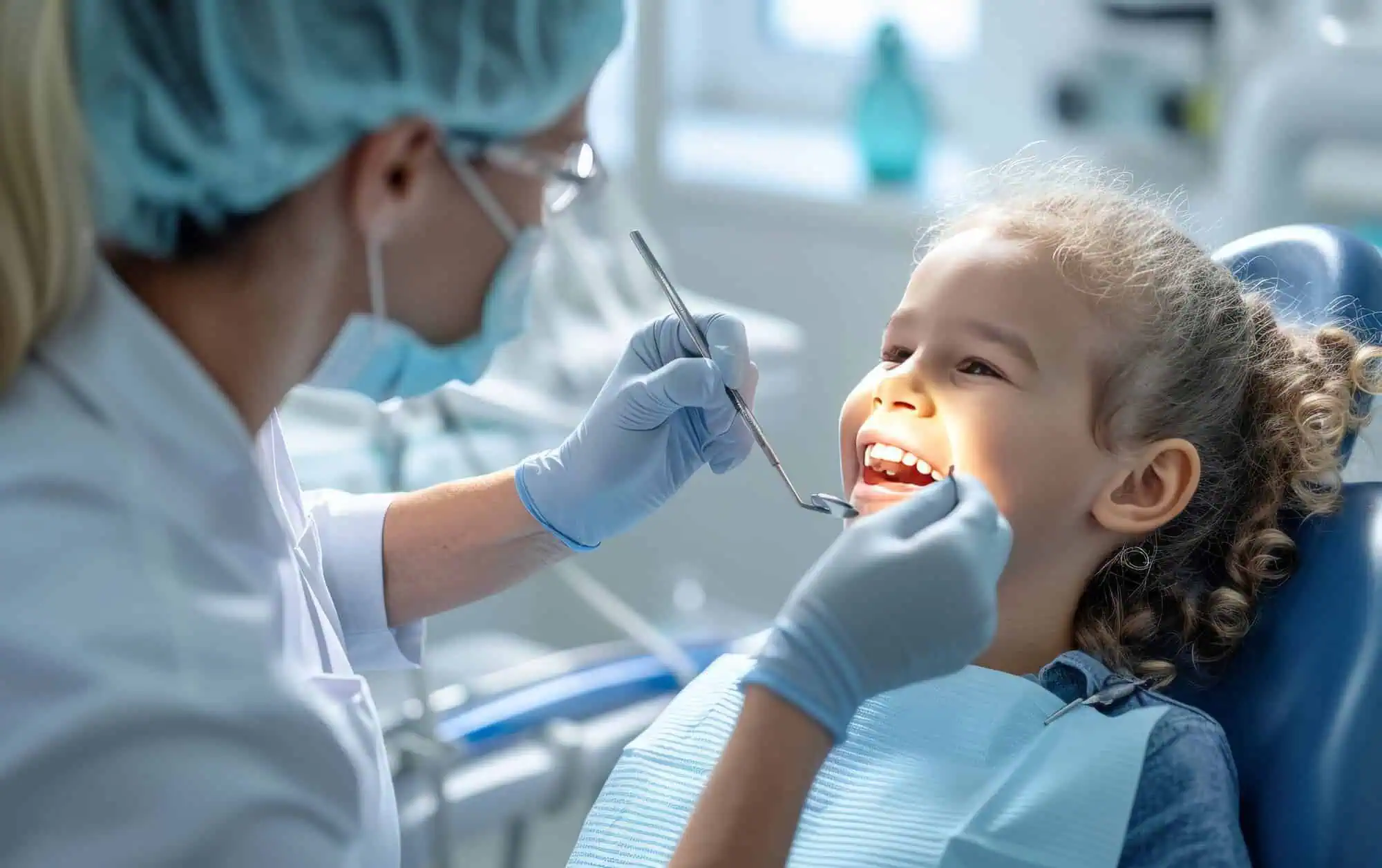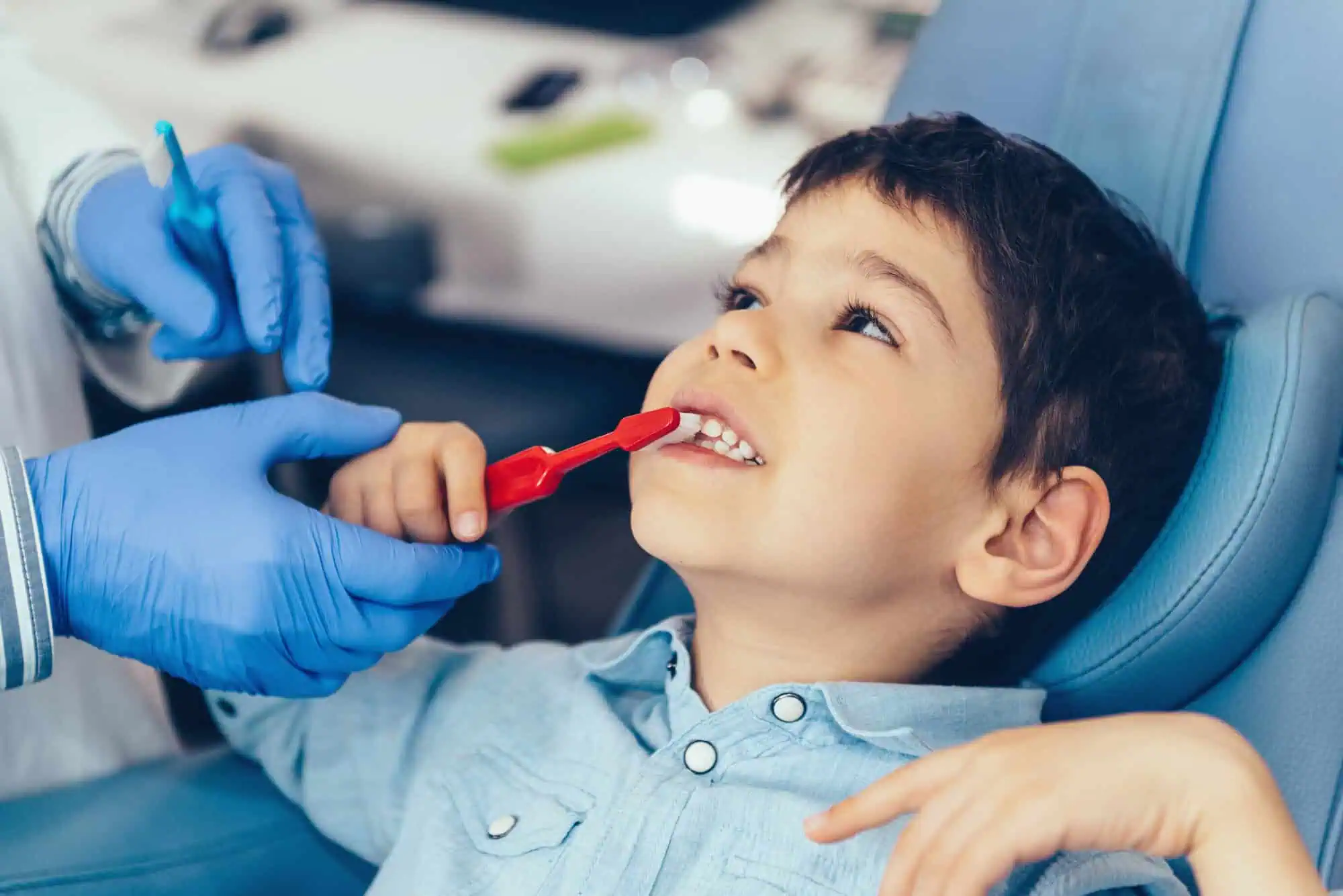When it comes to pediatric oral health, there is a common misconception that baby teeth are not that important. After all, they are only around for a relatively brief period and will eventually be replaced by permanent teeth, right? While it is true that baby teeth are only temporary, they still play a crucial role in oral health and development. In this blog post, we will explore the importance of baby teeth and how dental restorations can restore any pesky tooth decay that may develop on them.
Why Are Baby Teeth Important?
Primary teeth, or baby teeth, are essential for oral development. Beyond their role in chewing and facilitating clear speech, these teeth also establish the proper spacing for their permanent counterparts to erupt in the correct positions. However, if primary teeth develop tooth decay, it jeopardizes the health of the underlying permanent teeth. Furthermore, maintaining healthy primary teeth enables children to establish a positive relationship with dentistry. This way, they will not have to undergo invasive dental procedures to address tooth decay, which can be intimidating for some children.
Baby Teeth Restorations
If a cavity does sneak into your child’s smile, there is no reason to worry! Dental restorations, including fillings and crowns, can restore the tooth’s health and preserve oral function. These routine procedures are quick, comfortable, and relieve any pain the child may have been experiencing from the cavity. However, sometimes treatment may not be recommended depending on the cavity size and the tooth’s natural timeline for falling out. If we determine the child may not have the tooth for much longer and the cavity is not causing discomfort, we may suggest waiting for the tooth to naturally come out on its own.
Tips for Cavity-Free Baby Teeth
- Prevention from the Start: Before your child’s first tooth erupts, wipe their gums with a damp cloth after meals.
- Establish Brushing Habits Early: As soon as baby teeth start to break through the gum line, use a small soft-bristled toothbrush and a pea-sized dot of toothpaste to gently clean the teeth.
- Introduce Flossing Right Away: When two of your child’s teeth touch, use floss to clean between the teeth daily.
- Prioritize Hydration: Ensure your child receives enough water every day. If your community has fluoridated tap water, aim for that to be your family’s primary water source.
- Practice Mindful Nutrition: Pay close attention to your child’s diet and limit high-sugar foods.
- Teach Proper Techniques: Teach your child how to brush and floss between ages 3 and 6. When first learning, keep a close eye on them to ensure they use the proper technique and reach all tooth surfaces.
Baby teeth are a great practice round for your child, but do not underestimate their importance. It is essential to keep primary teeth clean and healthy for optimal oral development. If tooth decay does develop on your child’s baby teeth, dental restorations are an effective method to restore their smile and promote lifelong oral health.










